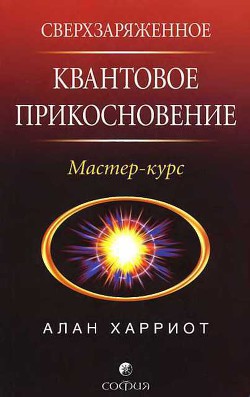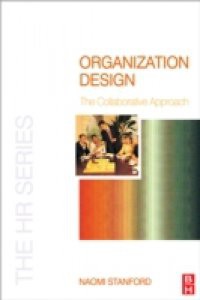Plutarch of Chaeroneia's philosophical work remained largely in the shadow of his celebrated Lives, partly because it was often dubbed 'popular philosophy', and partly because it was thought to be lacking in originality. The tides are, fortunately, changing and current scholarship is showing a growing appreciation of Plutarch's philosophical work. This book contributes to the 'rehabilitation' of Plutarch as a philosopher by focusing on an important aspect ofhis philosophical self: his work as a teacher, interpreter, and, eventually, historian of philosophy. Eleni Kechagia offers a critical analysis of Plutarch's anti-Epicurean treatise Against Colotes - a unique text that is both rich in philosophical material and has been widely used as a source for ancientGreek philosophy, but which has yet to be studied in its own right. Combining a historical approach with structural analysis and close reading of selected sections of the text, this book demonstrates that Plutarch engaged with the philosophy of his past in a creative way. By refuting Colotes' Epicurean arguments against the main Greek philosophers up to the Hellenistic era, Plutarch gives an insightful critical assessment of the philosophy of his past and teaches his readers how to go about living and reading philosophy. The volume concludes that Plutarchemerges as a respected critic whose 'reviews' of the past philosophical theories are an essential companion when trying to piece together the puzzle of ancient Greek philosophy.















